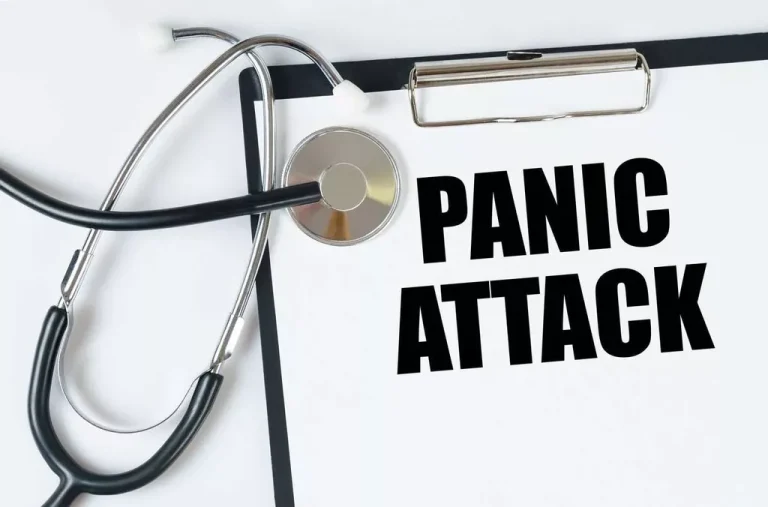
It drastically increases the severity of diseases and also makes the treatments less effective. Alcohol not only affects the person physiologically, but it has many adverse effects psychologically and socially too. It is not always necessary that these mentioned signs and symptoms are compulsorily linked with disease conditions. So, how does drinking alcohol on an airplane impact your heart rate and blood oxygen levels?

Check your drinking
Alcohol can have a serious effect on the developing brain, from fetal development to the end of adolescence. If a woman consumes alcohol during pregnancy, the child may be born with fetal alcohol syndrome (FAS). In 2015, this was believed to affect between 2 and 7 newborns in every 1,000. Since the liver can only process the equivalent https://ecosoberhouse.com/ of one drink at a time, the body may remain saturated with the alcohol that has not yet left the body. Within minutes of consuming alcohol, it is absorbed into the bloodstream by blood vessels in the stomach lining and small intestine. A good rule of thumb is to alternate between a glass of water and an alcoholic drink.

Fast facts about alcohol
This disorder also involves having to drink more to get the same effect or having withdrawal symptoms when you rapidly decrease or stop drinking. Alcohol use disorder includes a level of drinking that’s sometimes called alcoholism. Wine—specifically red wine—contains high levels of antioxidants.
What Parts of the Body Does Alcohol Affect?

Lowered inhibitions can lead to poor choices with lasting repercussions — like the end of a relationship, an accident or legal woes. Each of those consequences can cause turmoil that can negatively affect your long-term emotional health. Your body breaks alcohol down into a chemical called acetaldehyde, which damages your DNA. Damaged DNA can cause a cell to grow out of control, which results in cancerous tumors. In reality, there’s no evidence that drinking beer (or your alcoholic beverages of choice) actually contributes to belly fat. With continued alcohol use, steatotic liver disease can lead to liver fibrosis.
Understanding alcohol use
Because women tend to have less water in their bodies than men, if a woman and a man of the same weight drank the same amount of alcohol, the woman’s blood alcohol concentration (BAC) would likely be higher. This could help explain why women are more likely to have negative effects from alcohol. Excessive alcohol use is a term used to describe four ways that people drink alcohol that can negatively impact health. effects of alcohol on the body If you are drinking heavily or are worried you may be dependent on alcohol, reach out to a healthcare provider before you start reducing your alcohol consumption to determine the safest way to make changes. And prolonged alcohol use can lead to mental health conditions like anxiety and depression. Having a glass of wine with dinner or a beer at a party here and there isn’t going to destroy your gut.
In severe cases, prolonged hypoxemia could lead to a heart attack or stroke, he points out. And, a chronically high heart rate is a risk factor for developing other cardiovascular issues, including weakening of the heart muscle (cardiomyopathy), he adds. The liver metabolizes most of the alcohol you consume, breaking it down into acetaldehyde. Acetaldehyde is a toxin that can damage the body’s organs and tissues before it is further broken down into acetate. Years of moderate to heavy drinking can cause liver scarring (fibrosis), increasing the risk of liver diseases like cirrhosis, alcoholic hepatitis, fatty liver disease, and liver cancer. Prolonged alcohol intake for many years has been known to cause serious ailments in human beings since time memorial.
behavior and attention problems
Consuming several drinks in a short time causes the alcohol builds up in the body. Researchers found that both drinkers and non-drinkers in the normal pressure setting had relatively stable blood oxygen concentrations and heart rates. Blood oxygen concentrations were 95% and 96% for the drinkers and non-drinkers, respectively. Those who had alcohol had an average heart rate of 77 beats per minute (bpm), and those who didn’t had a heart rate of about 64 bpm, both of which are considered average numbers. This could lead to chronic gastritis as the alcohol continuously damages the stomach lining. These effects can result in ongoing bloating and complications, such as nutritional deficiencies.
Spiritual use of alcohol
And because your liver was so busy processing your drinks, it didn’t release enough sugar into your blood, bringing on weakness and the shakes. Chronic alcohol use and binge drinking damage the heart muscle, making it harder for the heart to pump blood effectively. Alcohol can also contribute to arrhythmias (irregular heartbeats) and hypertension (high blood pressure), increasing the risk of heart attack, stroke, and heart failure. Alcohol is a central nervous system depressant that has immediate effects on the body, like intoxication (feeling drunk) and hangovers (unpleasant aftereffects from drinking).
- Some types of alcohol, such as beer, may contain wheat and gluten (a protein in wheat and some other grains).
- Alcohol use can increase the risk of cardiovascular problems, cognitive decline, liver disease, mental health conditions, and more.
- This is because alcohol is toxic to the body, and the body is still working to get rid of the toxin.
- Genetics or a family history of alcohol misuse increases that risk as well.

